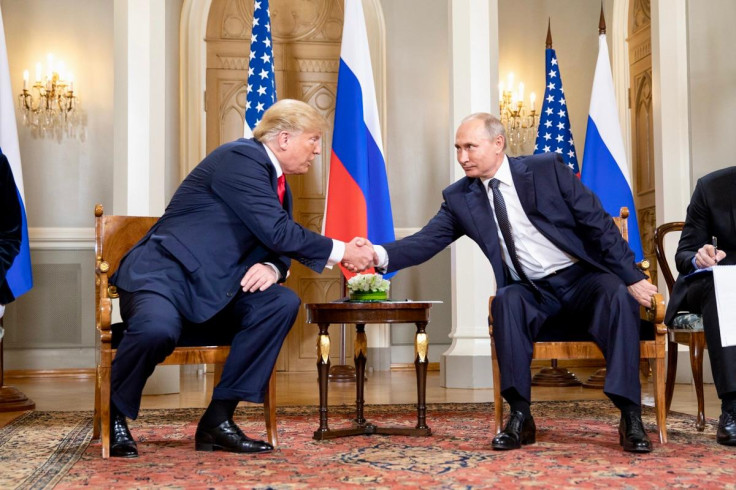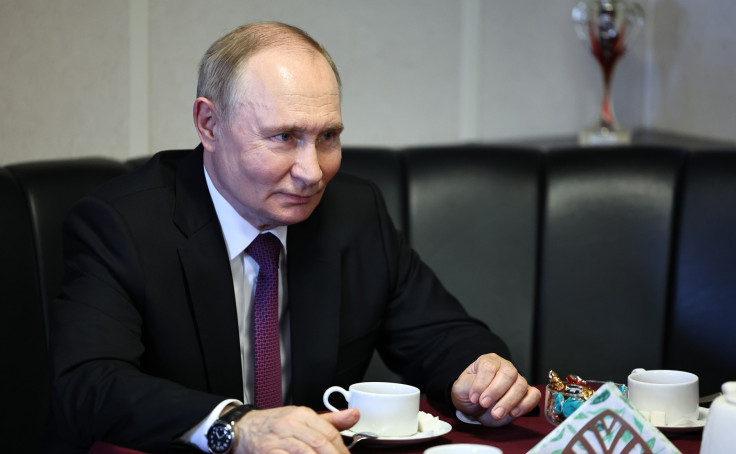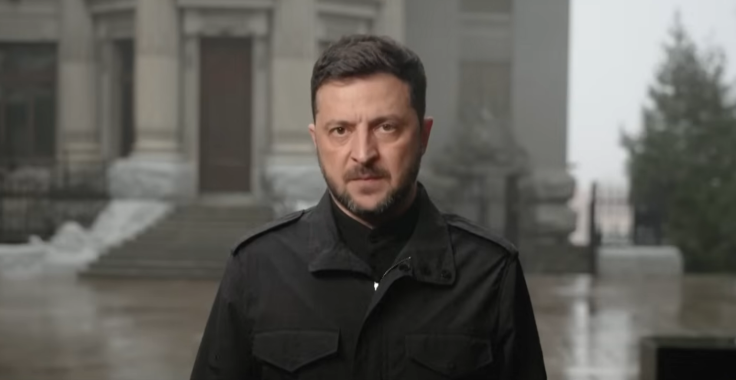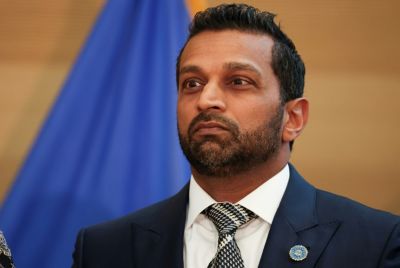Leak Shows Trump Aide Coaching Russians On How To Flatter Trump For Peace Deal
Secret call discloses flattery strategy behind peace proposal widely criticised as pro-Russia

A leaked transcript has exposed that a senior aide to US President Donald Trump coached Russian officials to flatter him to push a controversial peace plan on Ukraine.
In the recorded 14 October conversation, Steve Witkoff, Trump's special envoy to Russia, advised senior Kremlin adviser Yuri Ushakov on the rhetorical approach that the Russian leader should adopt when engaging with the US President. According to the transcript, Witkoff recommended that the Russians emphasise praise for Trump's recent Gaza ceasefire efforts, calling him a 'man of peace'.
The call coincided with the unveiling of a 28-point peace proposal that critics swiftly condemned for appearing heavily biased in Russia's favour. Observers now point to the transcript as evidence that this plan, widely discussed behind closed doors, may have been shaped in part by a campaign of diplomatic flattery aimed at securing Trump's buy-in.
Coaching From Washington to Moscow
The transcript, obtained by Bloomberg News, shows Witkoff telling Ushakov that Russia 'has always wanted a peace deal', and expressing his 'deepest respect' for Russian President Vladimir Putin.
He suggested that Putin call Trump and begin the call by congratulating him on the Gaza ceasefire, affirming support for his efforts, and stressing respect, effectively positioning Trump as a peace broker worthy of admiration.
Witkoff even proposed constructing a '20-point peace plan' for Ukraine, modelled after what he described as the successful Gaza ceasefire framework, and suggested that Putin raise it directly with Trump.

He went further, broaching territorial concessions as part of the deal. According to the recording, Witkoff said, 'I know what it's going to take to get a peace deal done: Donetsk and maybe a land swap somewhere'. He then advised Ushakov to frame such proposals 'hopefully', rather than in blunt terms.
The Peace Plan Emerges
Only days after the call, a 28-point plan surfaced, a plan critics described as tilted toward Moscow's demands. It reportedly included major territorial concessions from Ukraine, a capped size for its military, and a pledge for Kyiv to eschew membership in the North Atlantic Treaty Organization (NATO).
A second transcript, also reviewed by Bloomberg, appears to show that a Kremlin-linked economic official, Kirill Dmitriev, was told by Ushakov to demand Russia's 'maximum position', noting that while Moscow might not get everything, they would aim to get as close as possible. The US side, according to Dmitriev, would then present the demands as their own.
The emergence of these communications gives a rare public glimpse into what many long feared, informal back-channel diplomacy that bypasses official state-to-state negotiations, relying instead on persuasion and political theatre to shape high-stakes international deals.

White House Response and Domestic Backlash
In response to publication of the transcript, the White House has not disputed its authenticity. Communications director Steven Cheung said the record simply shows that Witkoff 'talks to officials in both Russia and Ukraine nearly every day to achieve peace, which is exactly what President Trump appointed him to do'.
Trump himself described the tactics revealed in the leak as 'standard negotiating procedure', telling reporters aboard Air Force One that 'that's what a dealmaker does'.
But critics are not so forgiving. Some lawmakers argued the exchange represented a dangerous undermining of official diplomacy, one US representative said it made Witkoff appear 'like he is on Russia's payroll'.
The leak has deepened suspicions that the 28-point plan was not an objective American proposal, but a rebranded version of a Russian-authored 'non-paper'. Reports from diplomatic sources suggest the plan drew heavily from that document.
The revelations cast a long shadow over ongoing efforts to negotiate peace in Ukraine. The fact that the plan originated, at least in part, from covert lobbying by Russian-aligned figures undermines its credibility in Kyiv and among NATO partners. Many analysts see the leak as vindication of earlier warnings, that the so-called 'peace plan' was a Trojan horse for Russian interests masquerading as neutral mediation.
A flawed deal forced through by flattery and back-channel persuasion could produce not peace, but a more fragile, grudging ceasefire that leaves core issues unresolved and opens the door to renewed conflict.
In that sense the leak is beyond a scandal, as it may mark a turning point in how global peace negotiations are brokered and whether such negotiations can ever be truly trusted again.
© Copyright IBTimes 2025. All rights reserved.




















